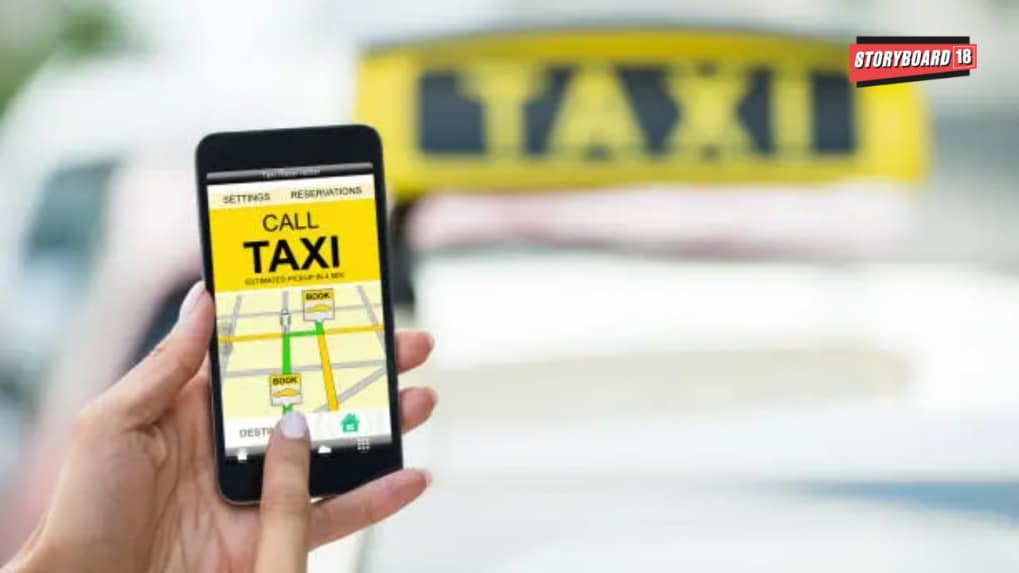Ola and Uber drivers are on strike in Mumbai - Here's Why?
While a key demand is fare parity with Mumbai’s traditional black-and-yellow taxis, which currently charge Rs 32 per kilometre for air-conditioned rides, the protest is also aimed at addressing deeper structural issues in the gig economy.
ADVERTISEMENT
For the third day in a row, app-based cab services across the Mumbai Metropolitan Region have remained largely unavailable, as drivers associated with ride-hailing platforms like Ola and Uber continue their strike demanding better pay and stronger protections. The strike has caused widespread commuter disruptions, particularly at key transit hubs like Mumbai Airport, and forced many passengers to turn to alternative modes of transport.
The protest, led by the Maharashtra Gig Works Manch, is not just about fare hikes — it’s about recognition, regulation and survival in a system gig workers say is heavily tilted against them.
What Are the Drivers Demanding?
While a key demand is fare parity with Mumbai’s traditional black-and-yellow taxis, which currently charge Rs 32 per kilometre for air-conditioned rides, the protest is also aimed at addressing deeper structural issues in the gig economy.
The Maharashtra Gig Works Manch has outlined the following demands:
- Ban on bike taxis operating via aggregator apps, which drivers say are eroding their earnings.
- Permit caps for black-and-yellow taxis and auto-rickshaws to prevent market oversaturation.
- Formation of a welfare board for gig-based transport workers.
- Introduction of a ‘Maharashtra Gig Workers' Act’, on the lines of similar laws in other states, to provide social and financial protections.
So far, the Maharashtra government has not announced any formal response to the drivers’ demands.
Read More: Airport chaos, long waits: Ola-Uber strike cripples Mumbai travel
Read More: Ola, Uber, Rapido bike taxi services halted by Karnataka High Court
Read More: Ola, Rapido under CCPA scrutiny over advance tipping practices


